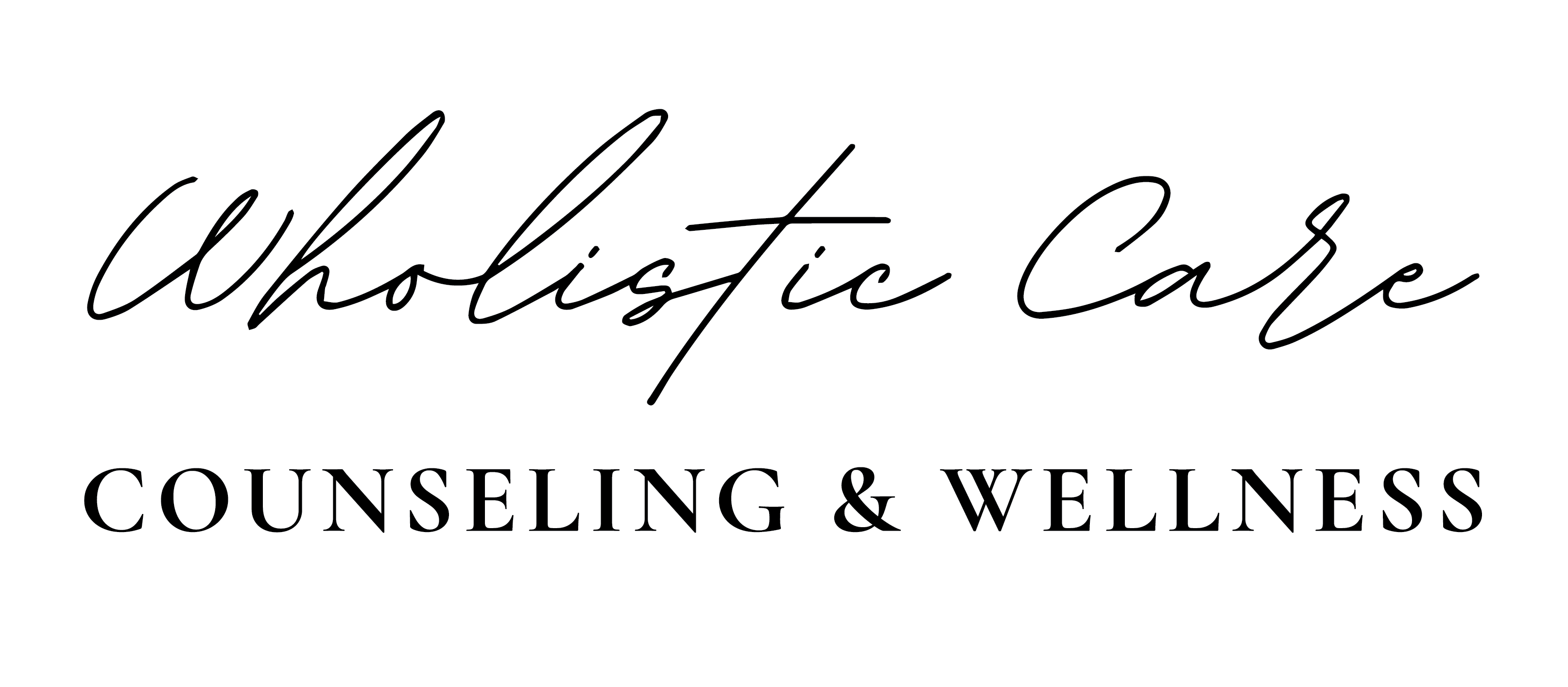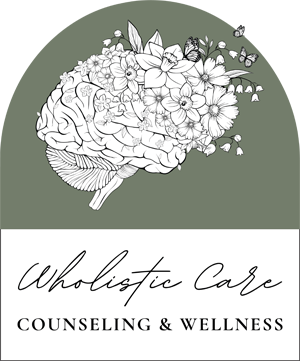History of Counseling

Historically, humans have sought out guidance from trusted community partners, such as a religious leader, teacher, or a confidant. As society entered into the industrial revolution, many found themselves seeking out vocational guidance, thus leading to the beginnings of what we now know as counseling. As scholars and doctors began studying human psychology and psychiatry, society began to consider a person's emotional and mental wellbeing in addition to their physical health.
In 1976 the American Mental Health Counselor Association was formed, which was considered the first step towards differentiating mental health counselors from career guidance counselors. In the 1980's credentials and licensures for the profession became established through the formation of the National Board for Certified Counselors (NBCC) in 1983. This new change allowed for better monitoring and regulation of the profession.
Today, each state monitors the licensure of a mental health counselor with specific guidelines and a code of ethics to ensure the professional is operating under ethical and legal practices. There is an array of treatment methods and modalities used widely around the world allowing for each counselor to train and certify themselves in a therapeutic approach in which they are most aligned.
What to Expect from a Licensed Professional Counselor:
- A minimum of a Master's Degree and a minimum of 3,000 hours of supervised experience
- Maintenance of a valid state license and continuing education
- Continued regulation by the Texas State Board of Examiners of Professional Counselors, a state board whose members are appointed by the Texas Governor to carry out the general oversight of professional counselors in Texas.
LPCs provide counseling services in accordance with state law and the board’s rules. This includes following the code of ethics that the board has established for the counseling profession.
- Being treated with respect, dignity, and professionalism
- Referrals as appropriate
What is therapy like and how can it help?
- Differs for each individual depending on need
- Intake consists of a thorough biopsychosocial assessment inclusive of past, present, and future , as well as, familial, genetic, nutritional , physical and spiritual wellness
- Short or Long term
- Results vary depending on client participation and investment outside of sessions
- Increases your support network - Increases understanding of self
- Increases coping skills for improved relationship with self and others
- Improves listening and communication skills - Enables development of new patterns of behavior
- Improves ability for problem solving
- Increases self-esteem and confidence

Confidentiality and Therapy:
- Is a part of a licensed counselors code of ethics to ensure client information is kept safe and private, therefore increasing the comfortability of disclosure.
- The exceptions would be provided with clients written permission via the organization/therapists release of information policies.
- A counselor may break confidentiality upon the disclosure or suspicion of immediate danger to self or others, or suspicion of abuse or neglect to a child or elder.
Privacy / HIPPA Policy
At Wholistic Care Counseling & Wellness, we are dedicated to ensuring the confidentiality and security of clients' protected health information. By adhering to the regulations outlined in the Health Insurance Portability and Accountability Act (HIPAA), we are demonstrating a commitment to maintaining trust and upholding privacy rights.
Limiting access to authorized personnel, employing encryption for data transmission, and implementing secure disposal procedures for outdated records are all crucial steps in safeguarding sensitive information. Additionally, obtaining consent before disclosing PHI for purposes other than treatment, payment, or healthcare operations respects clients' autonomy and privacy preferences.
Open communication about your HIPAA policy and privacy practices reinforces transparency and gives clients the opportunity to address any questions or concerns they may have. This proactive approach to privacy protection helps foster a trusting and supportive environment for clients seeking counseling services.
Emergency Statement:
At Wholistic Care Counseling & Wellness it’s crucial to emphasize the website is not a substitute for medical or mental health advice. If you believe you are in, or at risk for, a medical or mental health crisis we urge you to seek treatment by contacting your physician, the crisis hotline at 988 (text or call), 911, or reporting to your nearest emergency room. In addition, www.namitexas.org, www.namicc.org/crisis-info and the Nueces County crisis hotline at 1-888-767-4493 can provide helpful mental health and crisis resources.




